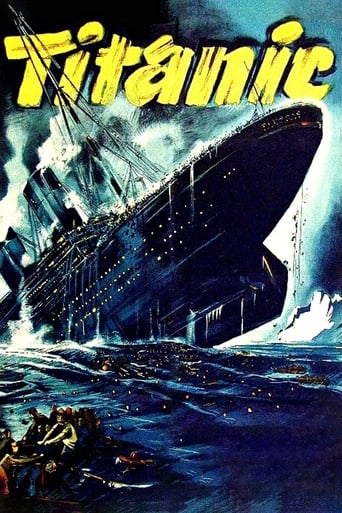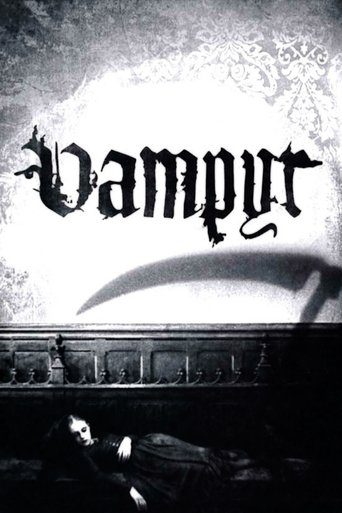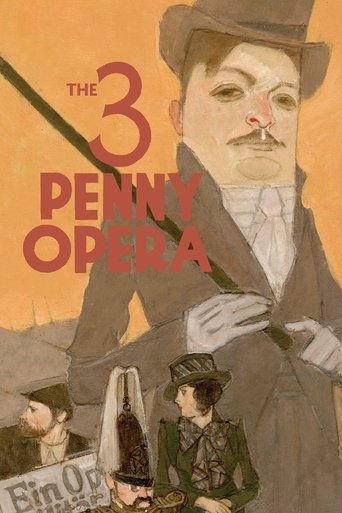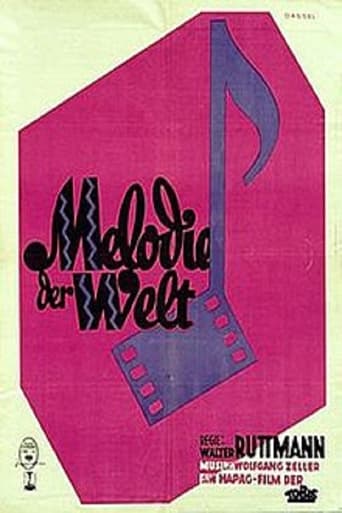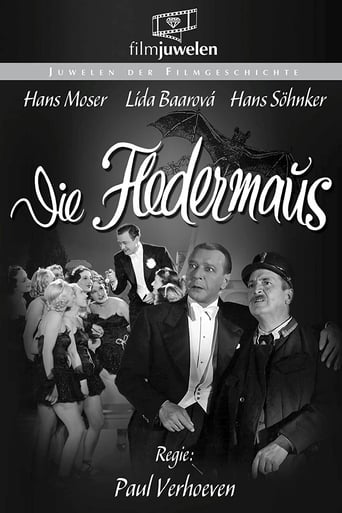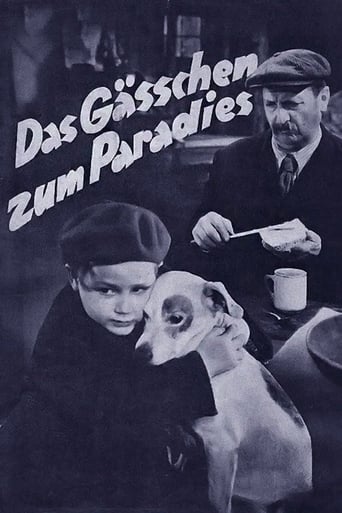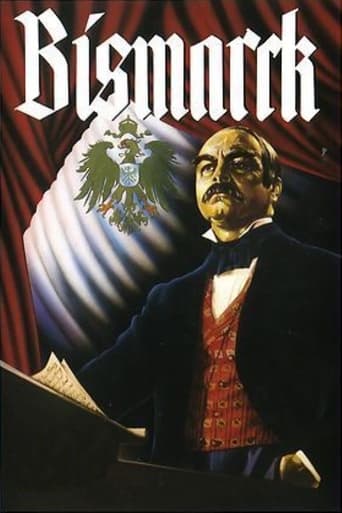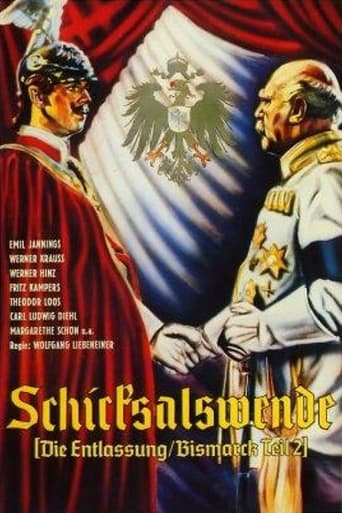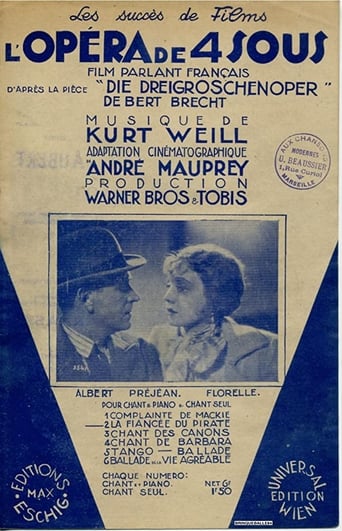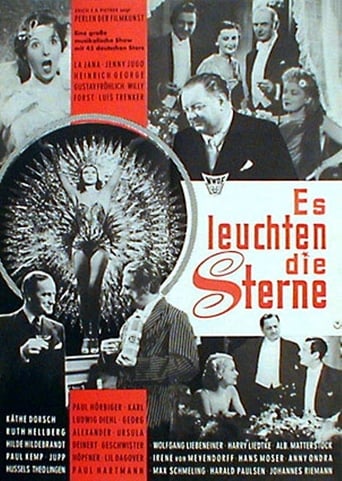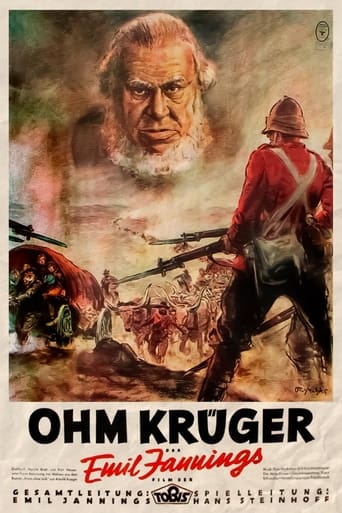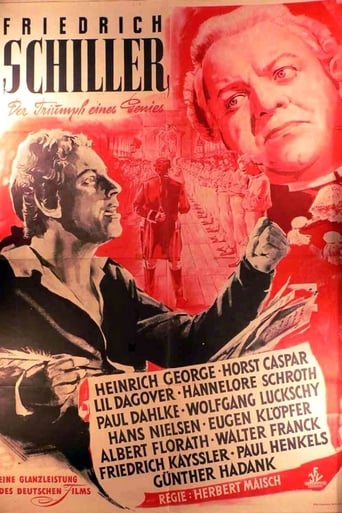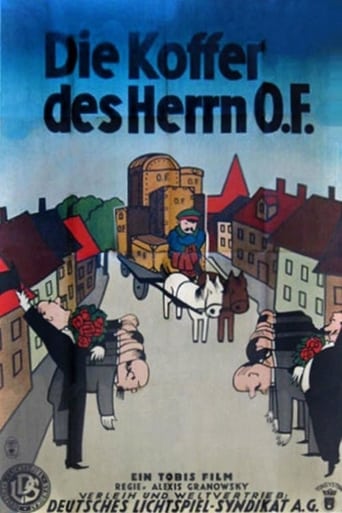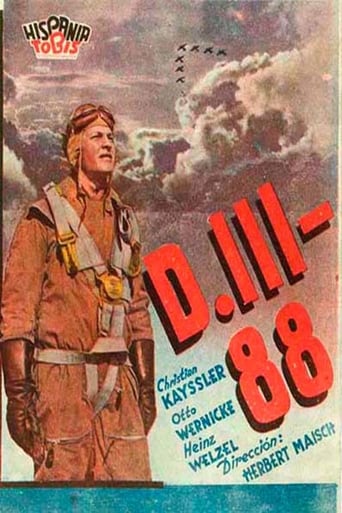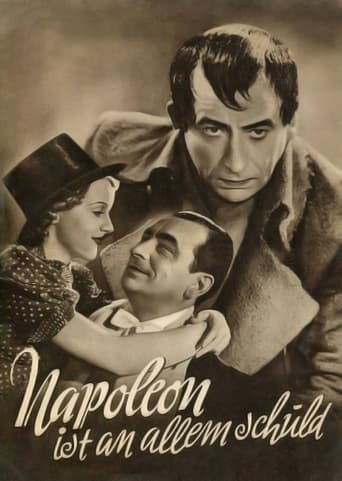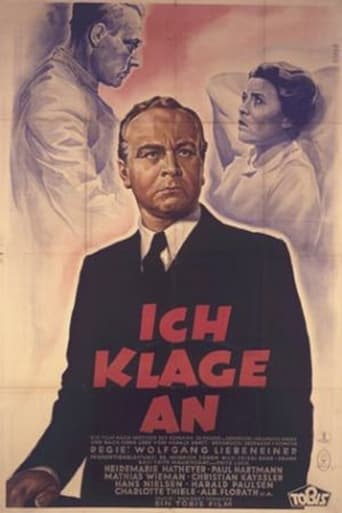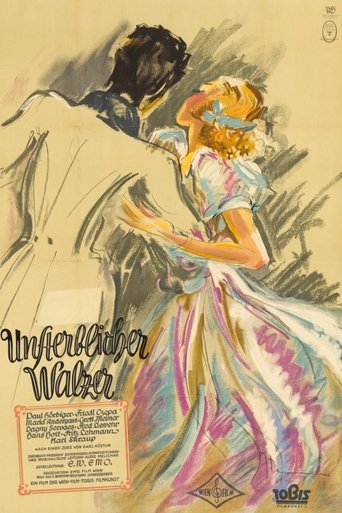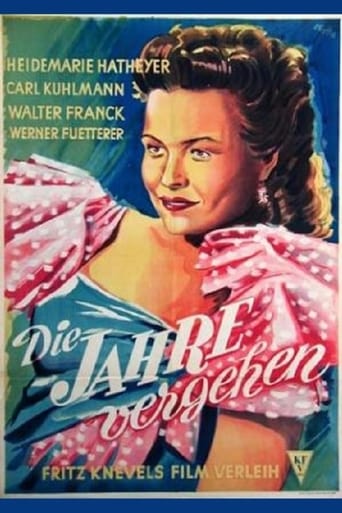In this film, the wife of a renowned doctor becomes ill with multiple sclerosis. Trying to spare her beloved husband the ordeal, the woman turns to a family friend, Dr. Lang, to help end her life. When this doctor declines to help with the assisted suicide, however, she is forced to turn to her husband. After much soul-searching, Dr. Heyt, her husband, assists in her suicide. The act, however, is witnessed by a chambermaid, who reports him to the police. Dr. Heyt is put on trial for murder and, at first, Dr. Lang testifies against him in court. Soon, however, Dr. Lang is faced with a similar case in his professional practice and this, along with Dr. Heyt’s impassioned performance in court, convinces Dr. Lang that, in some instances, mercy killing may be the right thing to do.
